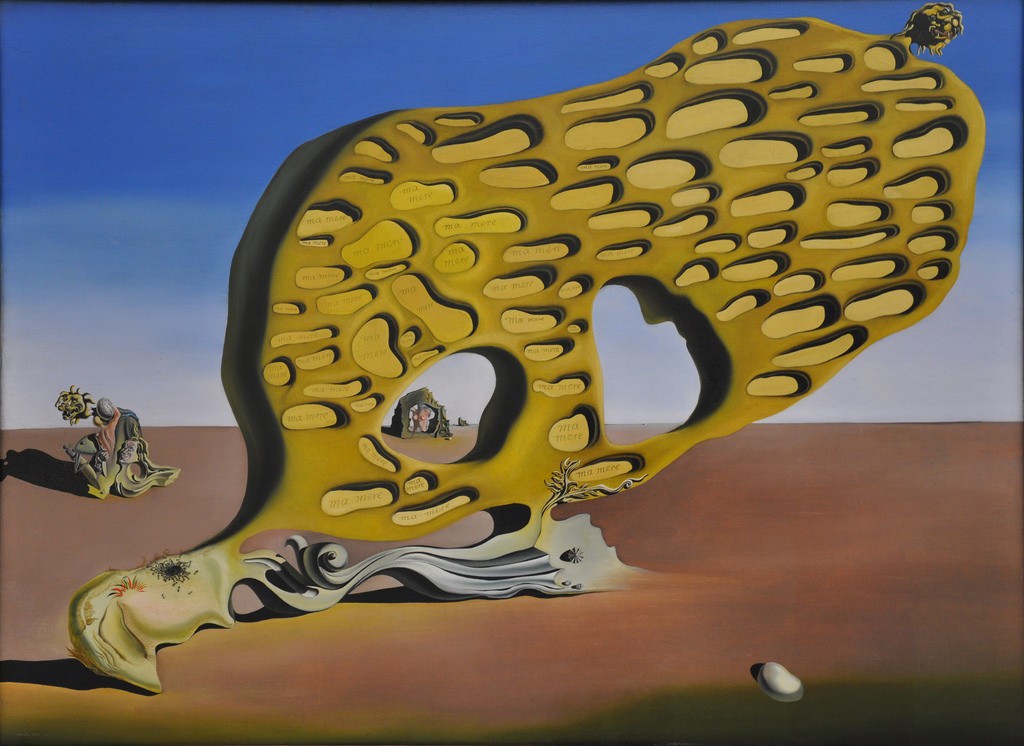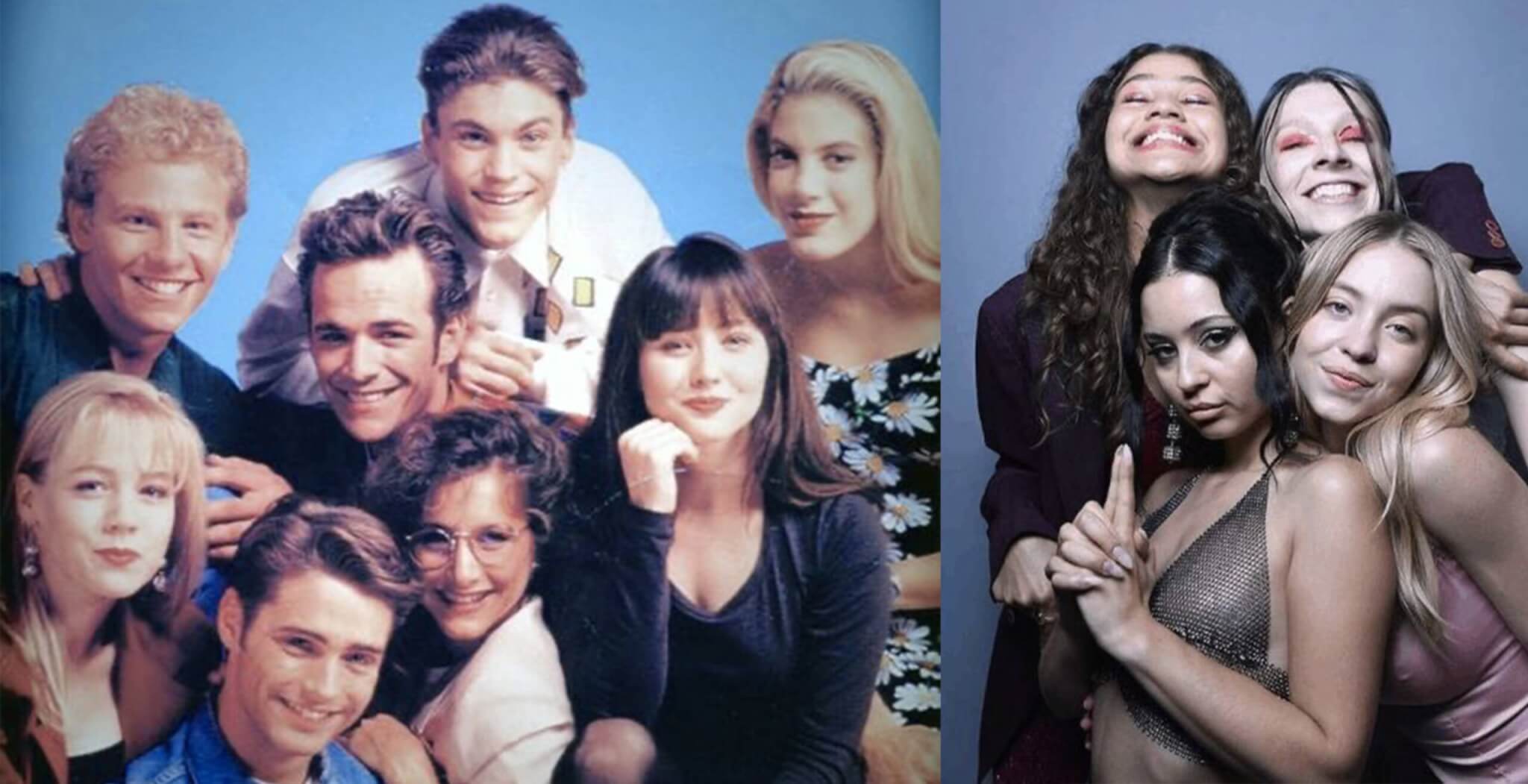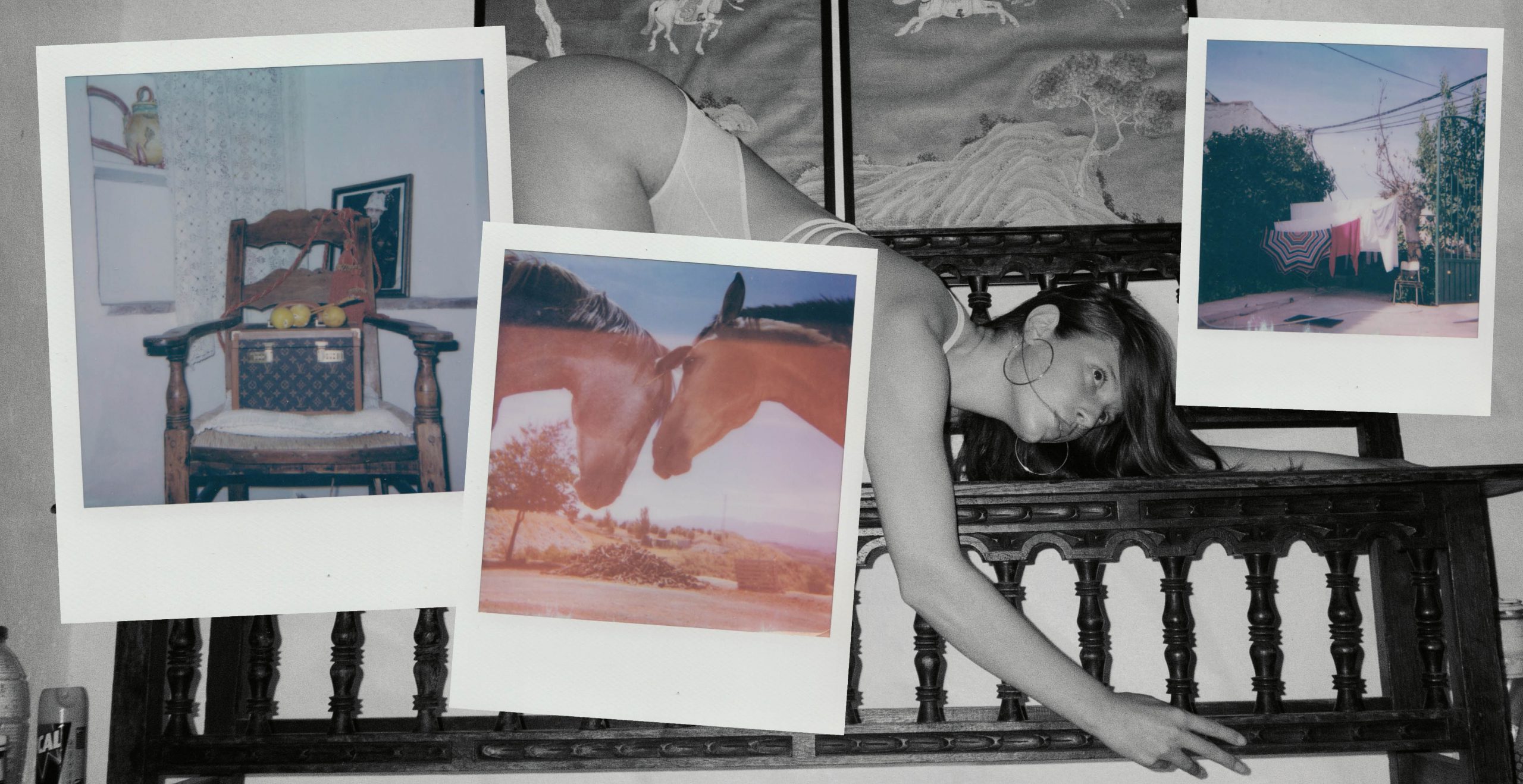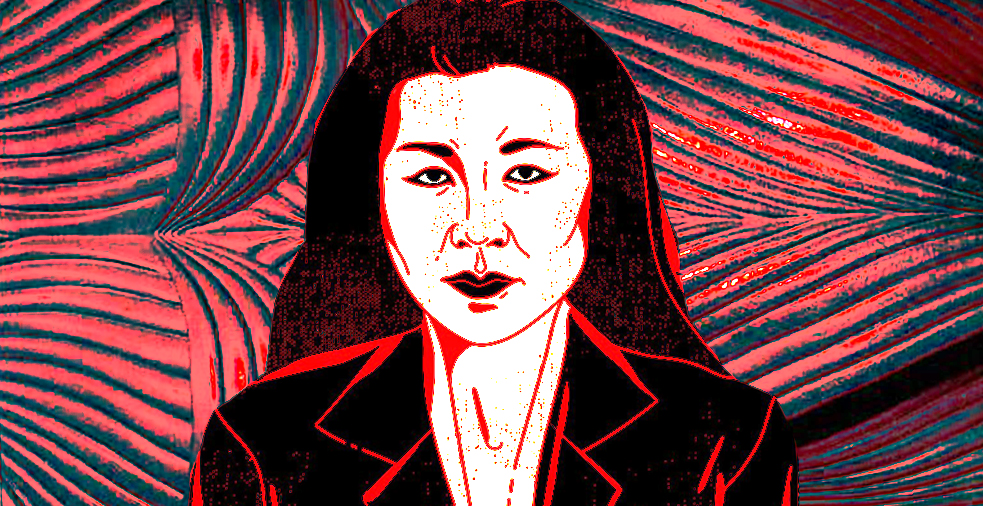Blood streams out of my chest. My father was just shot in the driveway of my childhood home. A car is picking me up and drives me away from everything I have ever known. Flaming red high rise buildings are gleaming at me from beneath the avenue we are driving through. Black sirens start humming while the car accelerates. The sky is drenched in stains of dark red and pitch black. My wound does not stop bleeding, I should have been dead already. Men in black clothing are screaming, crying, and setting things on fire. I am thinking, I have seen all this before but I can not fathom where. The tallest building lies at the end of the avenue. The demonic Rockefeller center of my dreams. I perpetually see people dying and going up in flames, everywhere over and over again. Maybe this is a realm invisible to the living, made solely for the dead. But where did my father go then?
I do not know if this is Hades, a revolution, or the apocalypse. I do not understand what role I play in this mindless game and why I am being taken somewhere.
The blonde woman who is driving the car used to be part of the entity which controls this place, she is on my side now. In a foreign accent, she tells me: “We have to protect you from those who were trying to murder you.” I ask her how someone can murder me if everyone is dead. Her silence brings me close to breaking. Through the backdoors of the main tower, we enter a shimmering, velvet casino. Her hand grabs mine and grips as we see a boy standing in front of a poker table. My existence drops into the basement of the skyscraper as soon as I recognize him. He is surrounded by foggy golden light and I am just trembling.
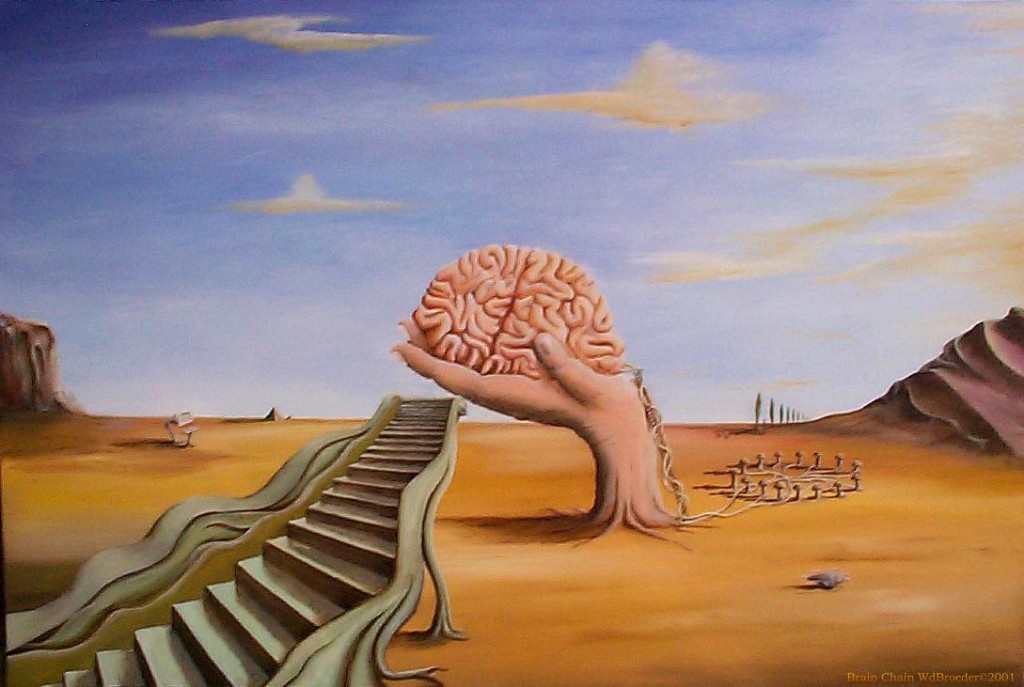
I slowly open my eyes. I am lying in the bed of my childhood home. It is mid-June of the year 2020. I am visiting my very alive and mildly annoying family. I have slept for seven hours but I feel like I lived through a lifetime of events. Walking between the already slippery memory and my awake consciousness I grab my phone and write down what happened. The boy that waited for me was my ex-boyfriend. In poetry, I referred to him as the golden boy. Fascinated by how my subconscious created visual experiences of my art I feel the urge to dig deeper into the world of my past. But there is a very specific question that has been troubling my mind. How does the past intertwine with our dreams?
Questioning the meaning of dreams has been an essential part of human culture, in Greek mythology, for example, dreams were seen as a connection to the gods or a tool of prophecy. It was until much later that Sigmund Freud, founder of the School of Psychoanalysis, established the first scientific approach. His theory claimed that dreaming is essential for sorting through unresolved wishes and longing. More modern research, especially a study conducted by the University of Rome claims otherwise. Cristina Marzano and her team were able to explain the strong relationship between our dreams and our memories. In a lab setting, they measured the participant’s electrical brain waves during different sleep stages.
The frequency that was found most common in vivid, memorable, and bizarre dreams were low-frequency theta waves. This type of wave was found to be the same waves that appear during the neurological process of memory retrieval. The scientists’ conclusion, therefore, is: “These findings suggest that the neurophysiological mechanisms that we employ while dreaming are the same as when we construct and retrieve memories while we are awake.”
Freud was, like with many other things, not completely wrong, but our dreams can not be reduced to unfulfilled longing. In reality, our dreams are part of a complex system that helps to process our emotions. Our subconscious mind categorizes our feelings by creating memories of them.
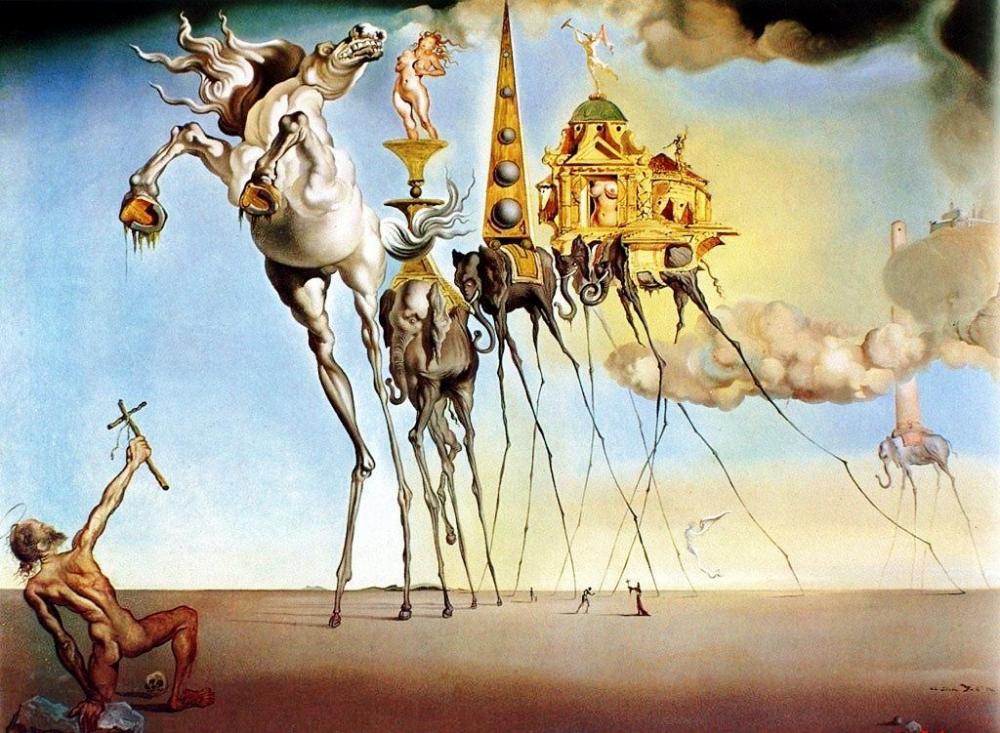
Science answers the relationship between our dreams and our past, but all of it is more than a mere maze of oscillating electrical voltages. In essence, dreams visualize complex and entangled emotions into clear pictures.
Last week I went back to the place I grew up in. I came to merely visit some old friends and family. Everything started with telling a person who loved me deeply and who I did not treat well because of my own insecurities, which impact they had made in my life. Huddled wine talks in greasy dorm buildings transformed the room into a time machine. Growing up with a fierce obsession with the way that Jay Gatsby lived and loved I painfully knew that “You can’t repeat the past” But the night was not about repeating it, rather about time healing scabby wounds and letting someone know what you really felt for them. During these few days, I went to old places, simultaneously feeling attachment and detachment to everything I knew. I traveled back and forth between my reality and the hundred versions of myself. After some wandering, I quickly understood that my subconscious wanted me to come here in order to make amends with people who I have hurt and people who have hurt me. Finally, I felt like being freed from the burdens of my old self.
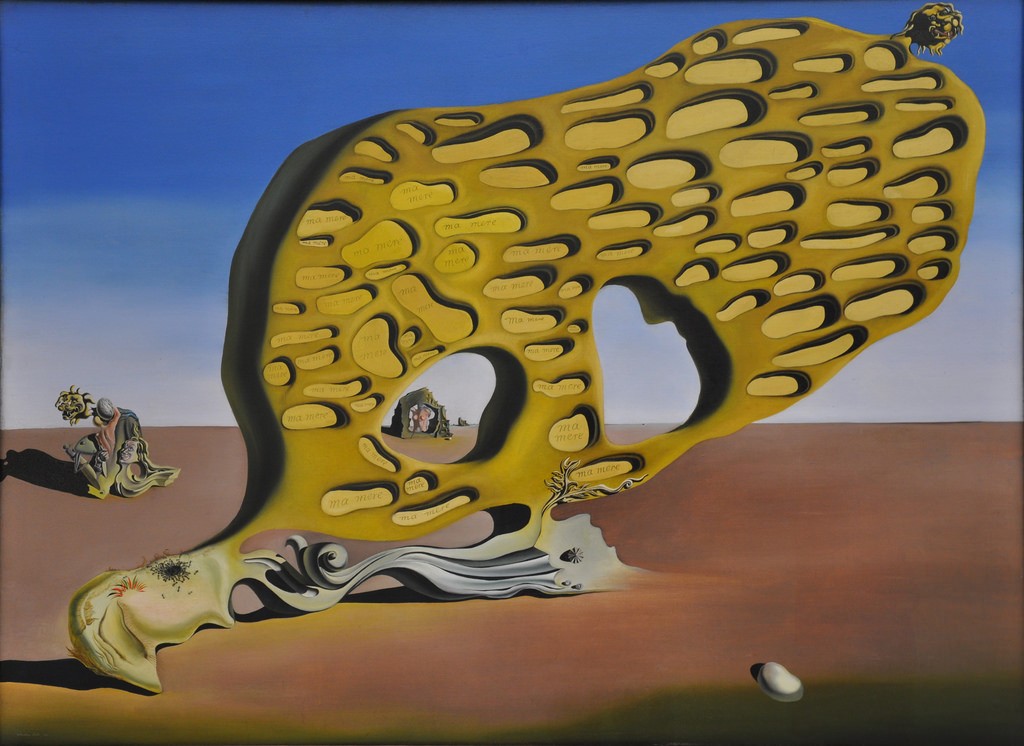
Just as I am experimenting with this topic through artistic disciplines I visit an exhibition that deepens my understanding of the relationship between me and the people from when I was younger. Lee Mingwei creates participatory installations, where strangers can explore issues of trust, intimacy, and self-awareness. The American-Taiwanese artist’s artwork invites people to contemplate their own relationships with others. His work “Li, Gifts and Rituals” is currently exhibited at the Gropius Bau in Berlin. His conceptual and processual installation “The Letter Writing Booth” invites visitors to write letters to someone from their past. Inspired by a letter he wrote to his grandmother who had passed away he wants people to write a realization, an apology, or a message of gratitude.
Sometimes these people who we have lost visit us in our dreams. And maybe, in a different world or way, it is simply them wanting to tell us something. Maybe this is just a silver lining, a thin and fragile way of looking at the world. Maybe this way is wrong. But like an ancient greek man murdered for his principles once said: “I know that I know nothing.” I believe that especially these moments of nothingness and epiphany, where you touch the bridge between our rigid reality and the quivering depths of our dreams are what is essential to our incomprehensible existence. Maybe this is what we are alive for. Large uncertainties and small infinities.








